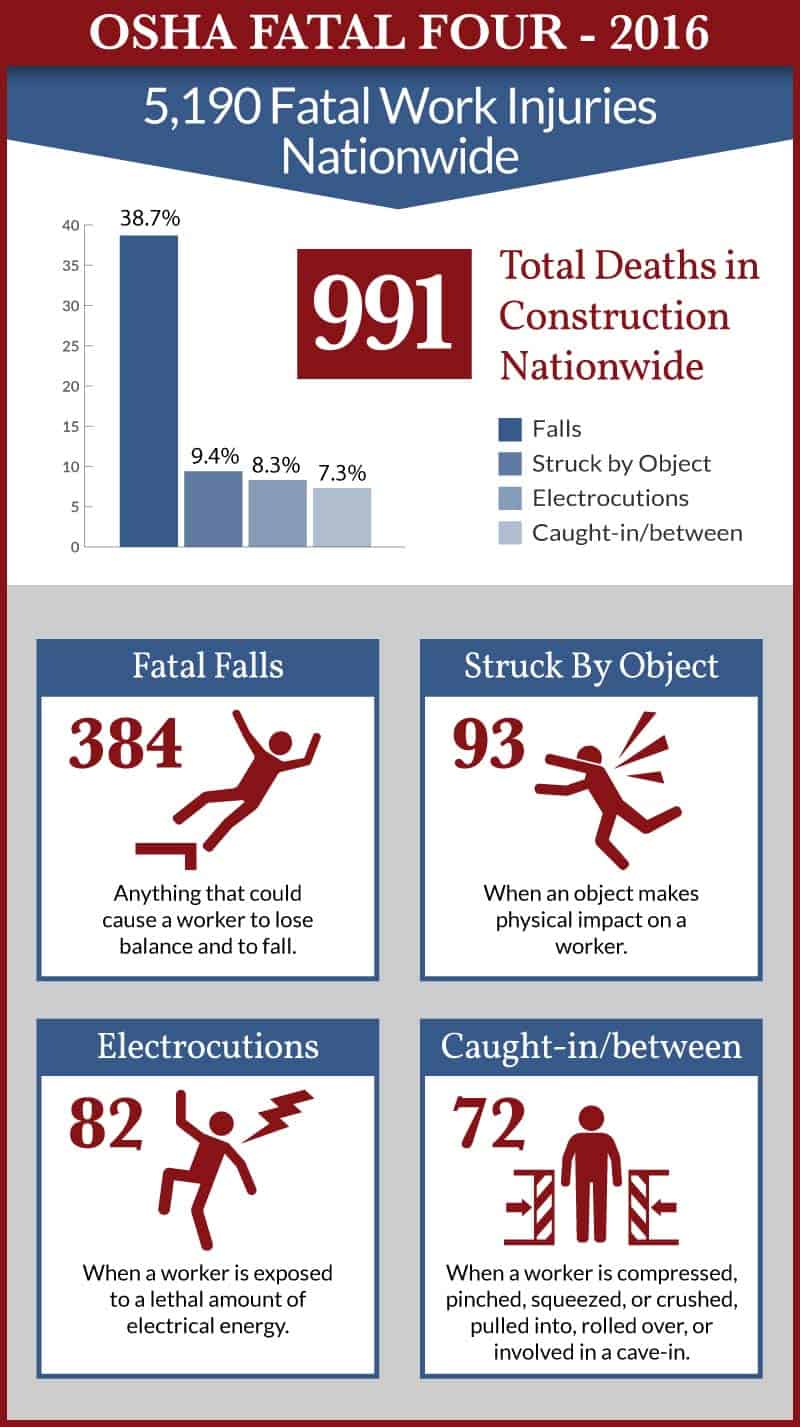Can I Pursue Legal Action After a Beach Accident?

Beach accidents are never fun, Going to the beach is a time to gather with friends and family and enjoy the sun, water, and fresh air. Thousands of people flock to the beach during the summer months to relax and enjoy their day, however, this plan may change if an injury occurs. When a person is injured on the beach, they may question who is liable. Unfortunately, the answer to this question depends on a number of factors, including how the injury occurred.
A victim who is seeking damages for medical bills, lost wages, or other losses should contact an accident lawyer. Lawyers can help victims obtain entitled damages for expenses related to injuries. Similarly, they can help hold negligent parties accountable.
What Kind of Injuries Happen at the Beach?
When at the beach, most people do not fear getting injured. However, injuries do happen at the beach, and they can range from small injuries, like sprains, to severe injuries, like paralysis or drowning. Some injuries are attributed to the beach’s structure, while other injuries may occur from natural hazards, like the ocean. Common injuries that occur at the beach include:
- Broken bones
- Lacerations
- Sprains
- Knee injuries
- Concussions
- Nerve damage
- Neck or spinal cord damage
- Drowning
- Coma
- Paralysis
These injuries could occur in a multitude of ways, including a lack of hazard signs, car accidents in beach parking lots, slip and fall accidents, and debris in the water. No matter the reason, injuries can lead to medical bills, lost wages, and other expenses. After obtaining an injury, a victim may seek damages to pay for these expenses. In order to obtain damages, the victim should identify who is liable for the injury and contact a lawyer.
What Parties Might be Liable for Beach Injuries?
If the beach is public property, victims may be able to hold the city liable for their injuries. This is because the city is responsible for maintaining the beach. If the injury is attributed to a lack of beach maintenance, the victim has the right to take legal action. This is especially true if the city knew about the safety hazard but failed to take action. Similarly, the city may also be considered liable if they failed to be reasonably aware of the hazard. It is important to prove that the owner’s negligence directly led to the injury or fatality.
If the beach is private property, however, the victim’s case will not be as strong. This is because private beaches are not for public use and the owner has no responsibility to maintain safety for others. Those who are not sure should look for trespassing signs or conduct research before going to unmarked beaches. If an injury is sustained while a victim is attending a beach event, those who organized the event may be held liable. The organizer has a duty of keeping attendees safe. If their negligence led to an injury, they could be held liable.
Additionally, if the injury was caused by the natural currents and tides of the ocean, the city may not be liable. This is because the beach’s owner is unable to control tides. Even if a victim faces an injury in the ocean, it is likely that the owner has ordinances protecting them from liability. Regardless, the victim should still contact a lawyer to see what can be done.
Another party that could be held liable for an injury is a lifeguard and their employer. Although lifeguards are not perfect, they are responsible for handling the safety of those on the beach and in the water. If a lifeguard is negligent or fails to attempt safety techniques, the owner of the beach and the lifeguard’s employer could be held liable. This is especially true if the injury is severe or leads to death.
How Can I Avoid Beach Injuries?
Individuals should pay close attention to the weather. If the weather indicates storms, it might be best to stay home instead of going to the beach. This is because storms often lead to other dangers in the ocean, like riptides. Similarly, heavy winds could lift personal items, striking an individual and injuring them. Those who are concerned about riptides should keep an eye out for any flags that indicate the swimming conditions for that day.
Most beaches have color coded flags that indicate weather patterns, including ones that could negatively impact the safety of the ocean. Green flags often mean that the weather is clear and swimming conditions are the safest. Yellow flags give beachgoers the notice that the surf and tide conditions are moderate and more precautions should be made while in the water. Red flags mean that there is a high surf and strong currents. The double red flag indicates that the beach is closed to the public.
Another way to avoid injuries is to look for lifeguard signs. It is safest to attend a beach that has lifeguards whenever possible. Lifeguards have a duty to protect beachgoers while on their shift. Choosing to swim while lifeguards are not present can be very dangerous. If a lifeguard is not in the area, it is advised to never go alone. Being in a group allows everyone to watch out for each other and get help if needed. If a friend is drowning with no lifeguard around, it is important to call the police to get medical assistance immediately.
Finally, individuals should stay sober whenever possible. According to a health and fitness startup company, alcohol was a factor in nearly 22 percent of drowning-related injuries for individuals who were over 15 years old. Alcohol clouds judgement, which could impact one’s ability to stay cautious and alert. Alcohol also dehydrates the body easily, leading to a higher likelihood for heat exhaustion.
How Can I File a Lawsuit for a Beach Accident?
After suffering an injury at the beach, a victim should seek medical care immediately after the accident. Insurance agencies may question the validity of the case if the victim does not seek medical care. Victims should also talk to a doctor to begin treating their injuries. It is important to collect all medical bills and receipts to use as evidence.
Another way to collect evidence is to take photos of the injuries and what caused them. Witness statements can be crucial pieces of evidence when seeking damages for injuries. Similarly, a victim should write down the lifeguard’s name, especially if they were involved in the accident. Finally, the best advice for a victim is to contact a lawyer. Contacting a lawyer ensures that the case is handled swiftly. Lawyers often maximize entitled damages, helping victims pay for injury-related expenses to receive financial alleviation.
Bucks County Accident Lawyers at Freedman & Lorry, P.C. Represent Accident Victims
If you sustained an injury at the beach, contact a Bucks County accident lawyer at Freedman & Lorry, P.C. Our lawyers hold liable parties accountable for injuries, and help our clients obtain entitled damages for medical bills, lost wages, and other expenses. For a free consultation, contact us online or call us at 888-999-1962. Located in Philadelphia, Cherry Hill, New Jersey, and Pinehurst, North Carolina, we proudly serve clients throughout Pennsylvania.
